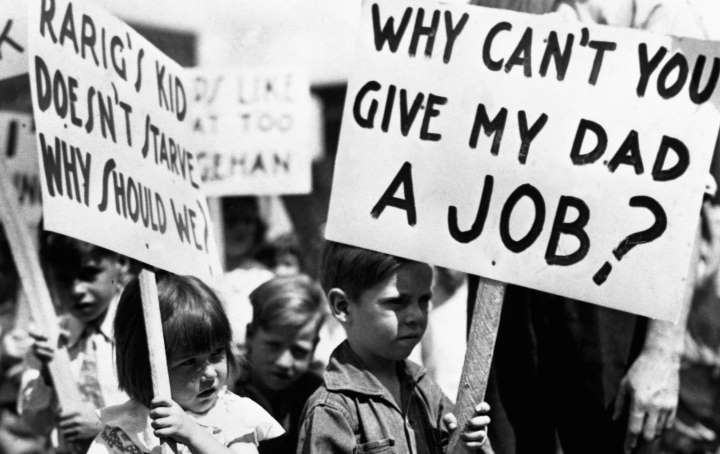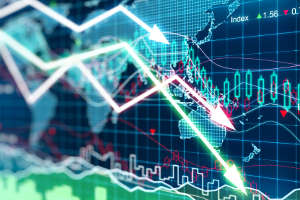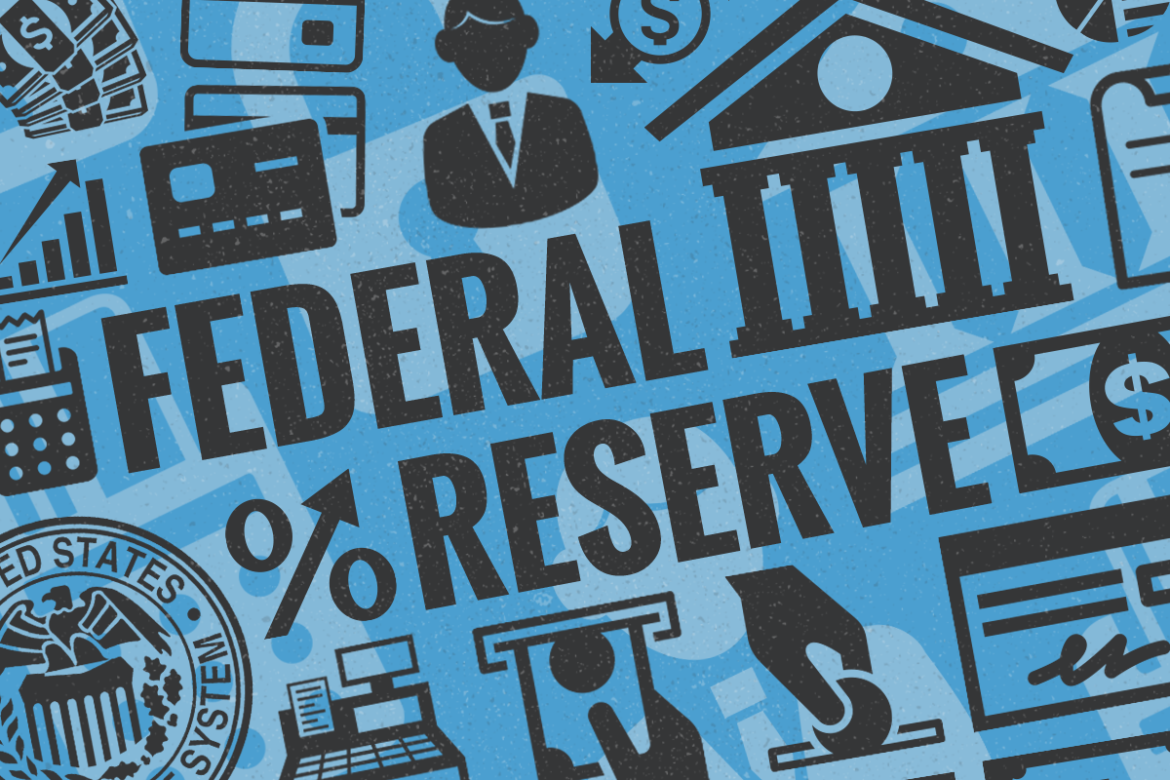By Joseph Orosco (March 31, 2020)
Some thirty years ago, Cesar Chavez staged his last major hunger fast. This fast went on for thirty-six days. In his statement issued at the end, Chavez said he had begun the fast because he had to do penance; he was ashamed of himself. For all his years as an organizer, he said he had not truly comprehended the pain and suffering of farmworkers due to exposure to pesticides. He felt he had not done enough to make people aware of the immensity of the problem.
So after his debilitating ordeal, Chavez went on to speak to numerous audiences across the country, repeating the stories of farmworker children, such as Johnnie Rodriguez, who died after a two year battle with cancer; or of Felipe Franco, who was born without arms and legs to a farmworker mother who had been showered with toxic chemicals in the field. Most importantly, he wanted people to realize that, to the extent to which we all rely on pesticides and cheap farm labor to provide our food, we are also responsible for the suffering of children like Johnnie and Felipe and thus have a responsibility to prevent more pain. Chavez wrote in his statement:
“The misery that pesticides bring will not be ended by more studies or hearings. The solution is not to be had from those in power because it is they who have allowed this deadly crisis to grow. The answer lies with me and you. It is for all of us to do more. We will demonstrate by what we do and not by what we say our solidarity with the weak and afflicted. I pray to God that this fast will encourage a multitude of simple deeds by men and women who feel the suffering and yearn with us for a better world. Together, all things are possible.”

I was thinking about Chavez’s words as I read about the two trillion dollar stimulus package passed by Congress to boost the US economy and provide relief for unemployed workers during the Covid-19 pandemic. As James Harrington–an organizer who worked with Chavez—points out, there are about 4 million undocumented workers, many of them farmworkers, who are not eligible for cash relief. And there are close to another 30 million poor people who are not eligible because they have not filed income taxes recently. Many of these people are likely to work in service or hospitality industries that have had to cut back or close down. Its not clear we are sheltering the most vulnerable among us with this package, but we are certainly propping up some of the biggest industries, with almost $500 billion in loans for airlines and manufacturers.
But I think the realization that made me most understand Chavez’s need for penance was thinking about the shelter-in-place regulations going on in many hard hit states. My social media is filled with funny memes and videos about people going stir crazy at home or dealing with their children. Yet, there are millions of working class people who can’t share in this humor because their work is considered essential: grocery store and pharmacy clerks, postal and special delivery drivers, truck drivers, sanitation workers, water and electric utility workers, and of course, public health workers in hospitals. They have to show up so the rest can work from home. Many of them are starting to realize that they are at a greater risk of exposure and have not received from their employers training to protect themselves, or hazard pay, or even masks and gloves. Some of them are starting to strike now, at Amazon and Whole Foods and other retailers, to improve these dangerous conditions. But I can’t get over the feeling that my well-being, and that of millions of other middle class people, depends on the labor of many people who were probably already struggling paycheck to paycheck to get by.
Of course, Chavez didn’t wallow in guilt and self-pity—his realization of the farmworker’s suffering was a call for him to think strategically and to act. First, he came to understand that the use of pesticides was the result of large agribusiness looking to make a quick profit rather than protect the health of workers: “The wrath of grapes is a plague born of selfish men that is indiscriminately and undeniably poisoning us all.”
It is undoubtedly the case that Covid-19 is a plague born of selfish men. Our top leaders in Washington last week were discussing the need to relax quarantine restrictions lest the economy suffer more damage—weighing human lives less than profit making. But more poignantly, we’ve seen how profit motives in New York City have shut down hospitals and, thus, reduced the overall hospital bed capacity over the last twenty years. The most blatant case of selfish greed is that of the large US manufacturer of ventilators, Covidien. In 2014, Covidien swallowed up a competing smaller corporation that had a contract with the US government to build thousands of newly designed and relatively inexpensive ventilators. Covidien then pulled the plug on the contract, saying it was not profitable to make the ventilators, even though the Centers for Disease Control were hoping to stockpile them for future emergencies.
So as Chavez said: “the solution is not to be had from those in power.” I’ve been so impressed to read of all the different mutual aid project erupting across the country in which people are stepping up to collect food and other goods for vulnerable people in their own communities. They are creating thick networks of assistance and developing skills for more organizers.
But more will have to be done. It’s said that physical distancing could become a regular occurrence, not only in dealing with a resurgence of Covid-19, but with other viruses that are expected to become pandemics in the future. We are going to have to yearn and dream for what we will need in a better society. If this experience teaches us anything, it is that we need a much more accessible and equitable public health care system, and better social welfare services, than the US currently offers.
This radical imagining means confronting both political parties that have but profit before people and the corporations that fuel political ambition. However, this is precisely the strategy Chavez envisioned. In an essay written in 1970, he said:
“The attacks on the status quo will come not because we hate but because we know America can construct a humane society for all of its citizens—and that if it does not, there will be chaos…The power class and the middle class haven’t done anything that one can truly be proud of, aside from building machines and rockets. It’s amazing how people can get so excited about a rocket to the moon and not give a damn about smog, oil leaks, the devastation of the environment with pesticides, hunger, disease. When the poor share some of the power that the affluent now monopolize, we will give a damn.”



















